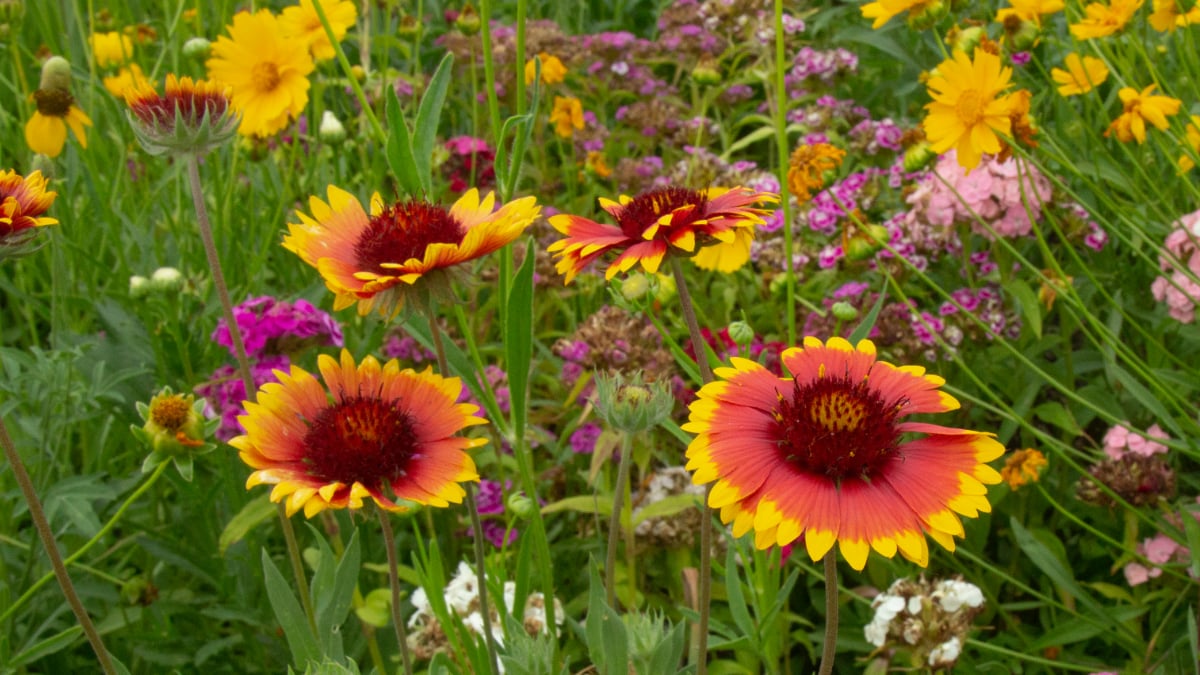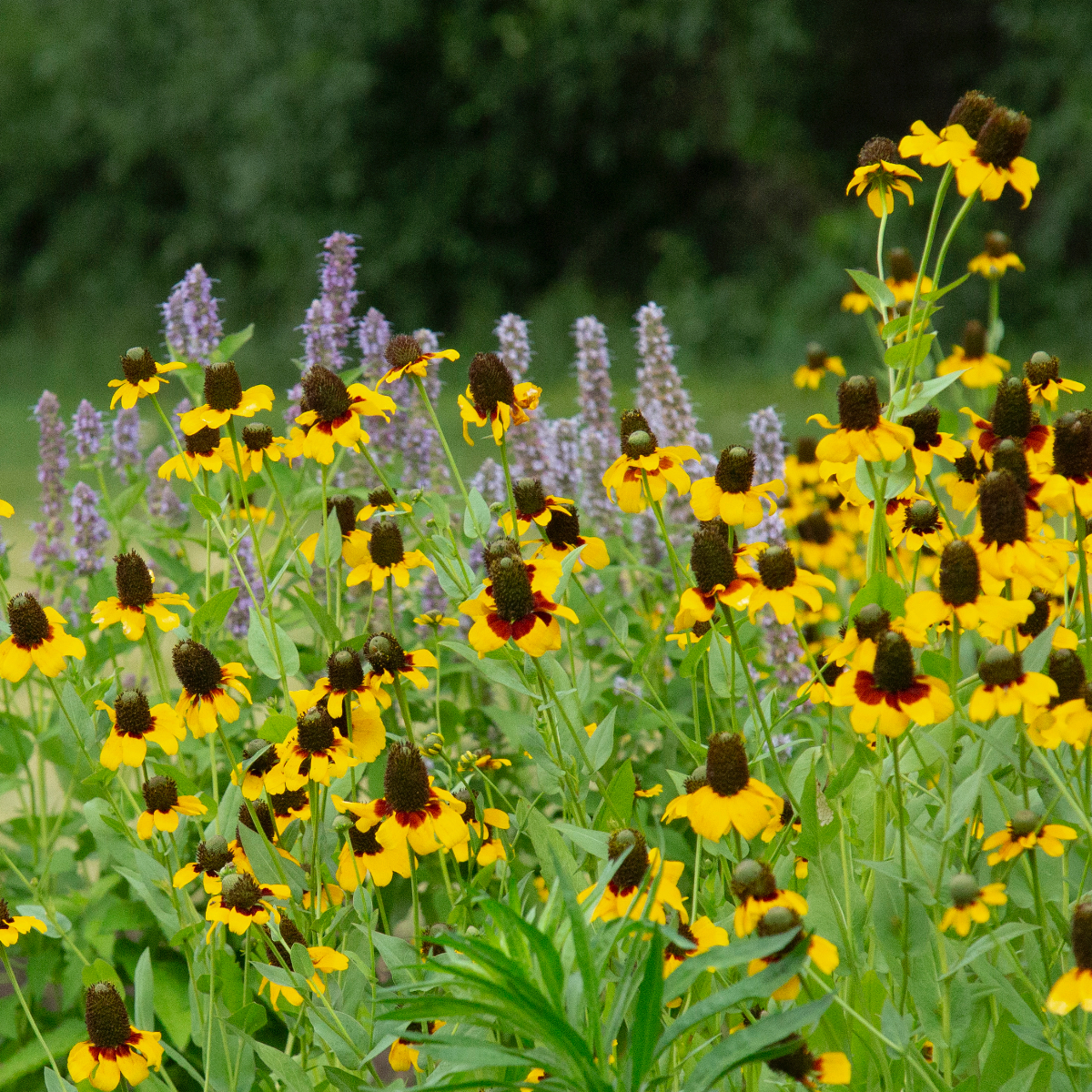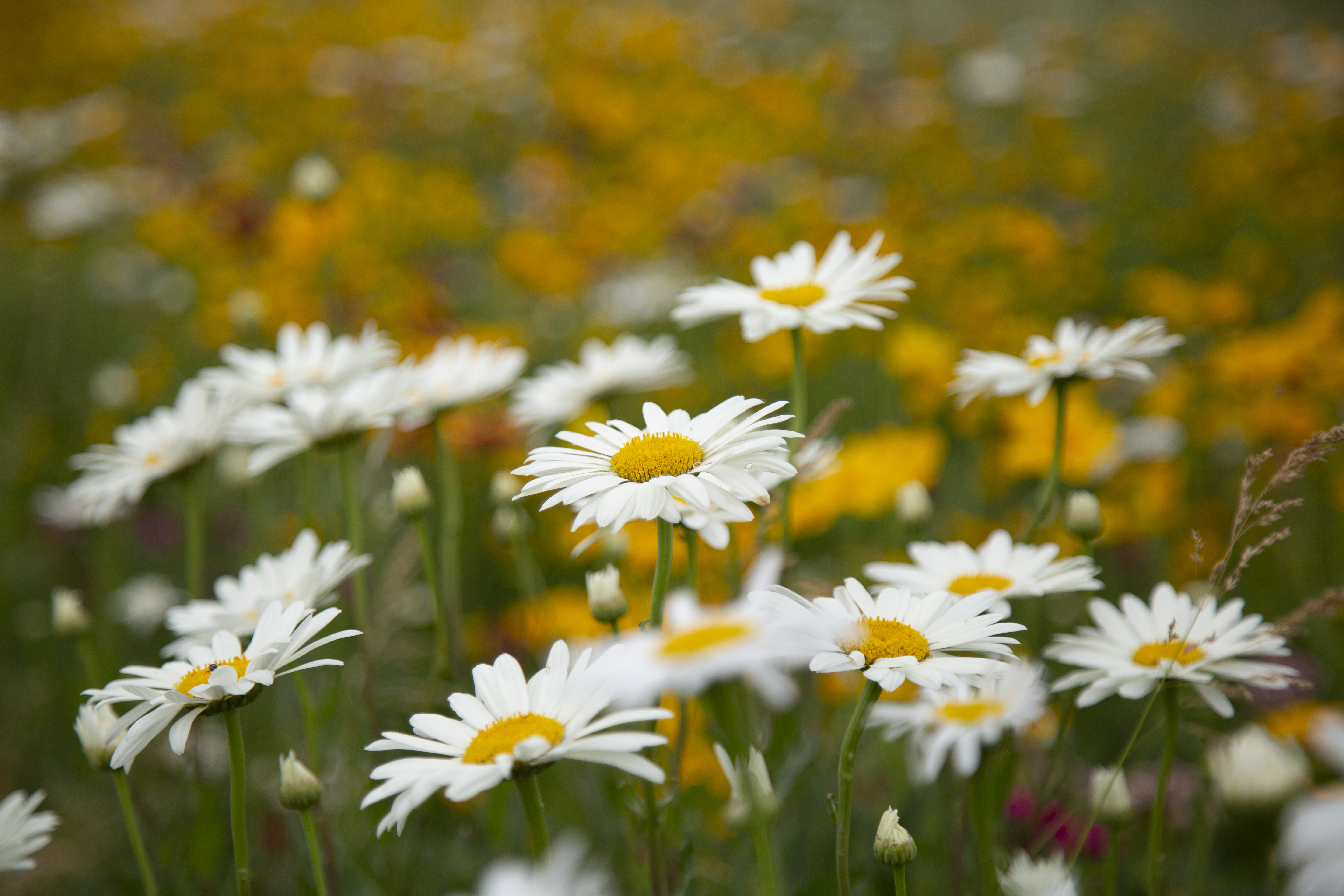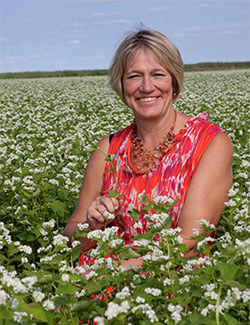[VIDEO] How We Support Pollinators on Our Organic Farm (& Why It Matters)

Our 868-acre organic farm in Wisconsin is home to not only our organically grown vegetables that we plant, harvest, and manufacture into nutritional supplements, but it’s also home to an enviable number of native pollinators. They are welcome residents on our farm. Pollinators are responsible for one out of every three bites of food we eat, so we always try to do what we can to attract and sustain as many native pollinators as we can.
The point of a pollinator habitat is to have different species of wildflowers and grasses that bloom continuously. For us, this spans from about early May until just before Thanksgiving. In the earliest part of the season, we have beautiful spring flowers growing, and in the fall we’ll have asters. The goal is to keep a continual food source available for the bees so they stay here, near our fields. That way, when our vegetables are blooming and need pollinating, the bees are here and ready to help us grow the plants.
In addition to hosting wildflowers, we take a number of additional purposeful actions on our organic farm aimed at attracting native pollinators, such as bumblebees. Here are some examples of how we’ve planned our organic acreage specifically with pollinators in mind.
Pollinator-specific plants
 Some areas along the farm were purposely planted with seasonal, annual wildflowers and grasses that continuously bloom and provide habitats for the pollinators. These bloom early in the season and don’t stop until about November.
Some areas along the farm were purposely planted with seasonal, annual wildflowers and grasses that continuously bloom and provide habitats for the pollinators. These bloom early in the season and don’t stop until about November.
Grass buffers between fields
The buffer of every single field on the Standard Process farm is left in grass. This is because many bumblebees live in the grass. If we didn’t leave buffers of undisturbed grass between and around our fields, it would be harder to attract and retain the bumblebees.
Wooded areas undisturbed and dispersed on the land
Natural wooded areas are absolutely essential for providing a welcoming home for bees. In addition to the grasses, bees also often like to make their homes in hollow sticks and logs, so these wooded areas have the added benefit of providing safe housing for our helpful friends.
No synthetic insecticides used on the farm
Scientists point to pesticides as a main factor causing bees harm. When seeds are treated with neonics, particular a class of bee-killing insecticide, the chemicals work their way into the pollen and nectar of the plants — which, of course, is bad news for bees and other pollinators.
Because we’re certified organic, we never use synthetic insecticides on the Standard Process farm. This has the added benefit of reducing harm to pollinators. Instead, we work hard to supply food and habitats to our bee population and work to “do no harm” once we are lucky enough to get them here.
 We aim to attract native pollinators like the bumblebees because they’re very busy and work very hard. The amount of plants a native bee pollinates is exponentially higher than a European honey bee. If we can keep these native pollinators here, our vegetables have it made!
We aim to attract native pollinators like the bumblebees because they’re very busy and work very hard. The amount of plants a native bee pollinates is exponentially higher than a European honey bee. If we can keep these native pollinators here, our vegetables have it made!
Visit our organic farming page to learn more about our organic farming processes.

About the Author
As farm operations manager for Standard Process, Christine is responsible for managing the Standard Process certified organic farm. Since joining the company in 2001, she has grown the Standard Process farm into one of the largest organic vegetable farms in Wisconsin. Christine holds a bachelors degree in technical agriculture from the University of Wisconsin-Platteville and has been a professional agronomist for 25 years. She is well known as a leader in the Wisconsin organic farming community.
More Posts by Christine Mason, Standard Process Farm Manager